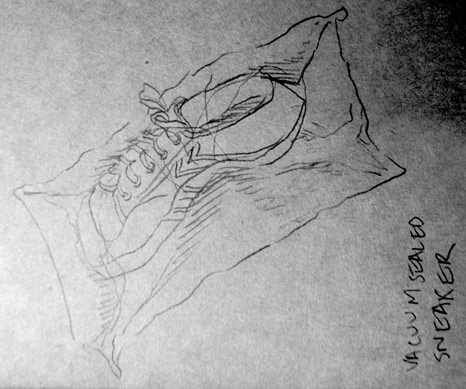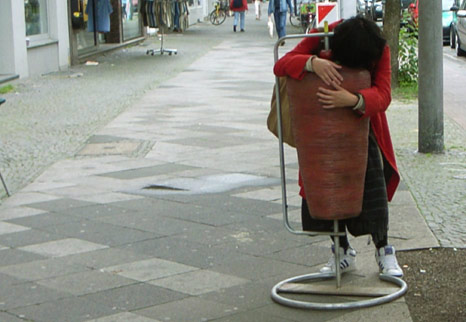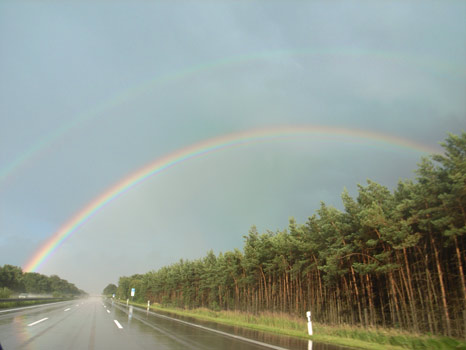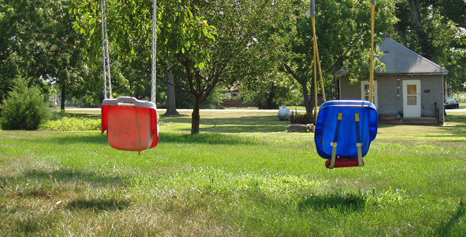ä¸ç”¨è€å¯¹æˆ‘那么ä¹è§‚, will i ever get tired of trying?

it’s been a long time (æ¯åªèš‚èšéƒ½æœ‰çœ¼ç›é¼»å)… southside neighbour says our house’s coffee is so fragrant (它美ä¸ç¾Žä¸½å差有没有一毫厘有何关系), and i can smell your breath every time i think of you, the last shock that you’ve been a grown man for a long while now, and it was something i never knew (æ¯ä¸€ä¸ªäººä¼¤å¿ƒäº†å°±å“æ³£). does being near you change, the smells of the same old street at different hours of the day (饿了就è¦åƒç›¸å·®å¤§ä¸è¿‡å¤©åœ°), does it feel comfortable over the phone (有何刺激), even if she is waiting?
it’s been a long time (太多太多é”力太少é“ç†)… a 500ml jar with a rubber stopper (太多太多游æˆåªæ˜¯ä¸ºäº†å¥½å¥‡), it was nicer to be a bit more abstract but he wanted to smell it. unfortunately, it was exactly that supposedly removed. Scent travels through air (还有什么值得æ‡æ–¯åº•é‡Œ). Your hair is longer and more done-up now, even in the windy streets out there, the clicking of your low-heeled boots, I like the awkwardness of getting to know you. It’s almost as good as knowing you too well, when we don’t have to speak anymore, and it doesn’t feel bad to not know what you’re thinking (对什么东西æ»å¿ƒå¡Œåœ°). Thank you and no, no no.
It’s been a long time (一个一个å¶åƒéƒ½ä¸å¤–如æ¤) …to feel ill (沉迷过的å¶åƒä¸€ä¸ªä¸ªæ¶ˆå¤±), my throat hurting after sitting with you all wet through dinner. You didn’t know I was completely soaked, but the food was spicy and you asked awkward questions after I showed you my work (è°æ›¾ä¼¤å¤©å®³ç†è°åˆæ˜¯ä¸Šå¸), and then I met your friend and we didn’t eat until just before the moment of missing the last train (我们在ç‰å¾…甚么奇迹). It’s been a long time since I came this way, and he uses his new car to pick up rides in the evening, A bit of extra spending money (最åŽå‰©ä¸‹è‡ªå·±èˆä¸å¾—挑剔). don’t fall asleep on your way home, okay?
It’s been a long time (最åŽå¯¹ç€è‡ªå·±ä¹Ÿä¸å¤§çœ‹å¾—èµ·)… I try to use the right pronouns in the right places this time (è°ç»™æˆ‘全世界我都会怀疑), your loving of my use of “we” means that it is all i can offer, all that i hoped for (心花怒放å´å¼€åˆ°è¼è˜¼). We is I or I is we. We is I is we is I is we. I thought about it in the shower when I came home (一个一个一个人è°æ¯”è°ç¾Žä¸½), I thought about the most memorable showers I’ve ever taken (一个一个一个人è°æ¯”è°ç”œèœœ), I thought about what it would be like to be you, I thought about taking back some of the things I’ve learned over these years (一个一个一个人è°æ¯”è°å®¹æ˜“).
the sky, really, they say…
(åˆæœ‰ä»€ä¹ˆäº†ä¸èµ·/æ¯åªèš‚èšå’Œè°æ“¦èº«è€Œè¿‡/都那么整é½æœ‰ä½•å…³ç³»/æ¯ä¸€ä¸ªäººç¢°è§æ‰€çˆ±çš„人å´å¿ƒæœ‰ä½™æ‚¸)
[《开到è¼è˜¼ã€‹ 曲编: c.y. kong è¯: 林夕]
Posted by 丫 | reply »whatever singularities (hurrah for you and me and you and you and you)

Whatever singularities cannot form a societas within a society of the spectacle because they do not possess any identity to vindicate or any social bond whereby to seek recognition. …The threat the state is not willing to come to terms with is precisely the fact that the unrepresentable should exist and form a community without either presuppositions or conditions of belonging (just like Cantor’s inconsistent multiplicity). The whatever singularity—-this singularity that wants to take possession of belonging itself as well as of its own being-into-language, and that thus declines any identity and any condition of belonging—-is the new, nonsubjective, and socially inconsistent protagonist of the coming politics.
–from “Marginal Notes on Commentaries on the Society of the Spectacle“, Giorgio Agamben
Posted by 丫 | more »for severality, on fragility 1
To sustain fragility, a stamp on the box or the curiosity of half-opened contents. She says it is a trauma, beyond or prior to event, infliction in mere seconds or unconscious years, is p(h)ys(ch)ical.
 He shudders in late afternoon half-sun. Sometimes, somewhere else and longing to be repeated, never repeated, she recoils, not horror. Those prickling sparks of the nerves they call falling asleep, …i’m exhausted.
He shudders in late afternoon half-sun. Sometimes, somewhere else and longing to be repeated, never repeated, she recoils, not horror. Those prickling sparks of the nerves they call falling asleep, …i’m exhausted.
Fragility means that you might find yourself not on the subjective level (coming, pre-, before you), we are partial to (one another) and we are partial (a many subjectivities). The pieces lay strewn and ambitious! What is already fragmented can beg a prism-like movement, sometimes slight twisting of the wrist to open a new light, from Levinas’ very first illumination (but in the refusal of darkness).
 Once we saw three at once, a tunnel lining an enormous thundering sky, and we drove through them all.
Once we saw three at once, a tunnel lining an enormous thundering sky, and we drove through them all.
—-not a means to an object, we pass through what passes through us. Fragility, the broken glass after the break, under but begging the open, makes transparent without needing to be seen. But it is not concealment as such (those chatting at the bar simply do not notice), nor a state to induce fascination (stillness, displacing life) so much as laying bare, not bare or just being there, in the middle of an ongoing process. The prolongation of fragility is not a state of being, but may find itself in the invisible inconsistencies of ritual, the anticipation or the suspension of an event. Its fascinance can never be an isolated moment, for it can only exist in relation to the other, as cause or affect or the relinquishing notion of wanting to be part of all of you. That longing, whether in pain or love, is more real that real itself, for it is the realm of the possible-not-yet.
 Fucking phantasy! I owe you one.
Fucking phantasy! I owe you one.
1 Martin Hielscher, Hiroaki Kanai, Sean Smith, Fotini Lazaridou-Hatzigoga, Pierre Huyghe, Bracha Ettinger
Posted by 丫 | reply »falling and falling (and hanging on)
 .
. .
.
frozen
it’s just too sad sitting lonely in a cold night like this. go home, dear.
to inhabit an empty time

a bird’s move

one darn cold day a bird landed there soon another bird landed there the right one started to approach only to find with every inch he moved leftward she moved an inch leftward it was a darn cold day with sand, wind, no sunshine he moved leftward and she too one minute felt like one whole day she took off she flied away here he was, lonely, wondering why
Posted by haxi | reply »